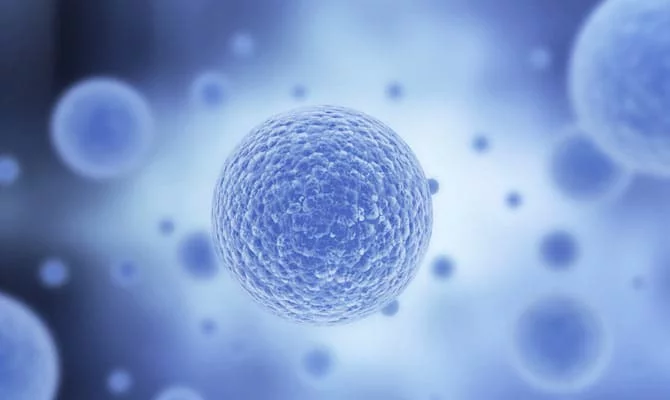
Zygotes are single cell that is generated after the egg has been fertilized by the sperm. The zygote then merges chromosomes from both of the gametes. After which, several divisions will take place for the production of embryonic cells at roughly four days after fertilization. The zygote stage lasts for only about 4 days in total. On and around the 5th day, the cell mass of become known as blastocysts.
The zygote serves as the starting point for all complex life forms with sexual reproduction. It is formed when a sperm cell from the male fuses with an egg cell from the female during the process of fertilization. This single cell is the genesis of every cell in an organism, making it a focal point of interest in both developmental biology and regenerative medicine.
The zygote is the cornerstone of developmental biology and has significant implications in various fields like regenerative medicine, fertility treatments, and genetic research. Understanding its characteristics, role in development, and potential applications can offer valuable insights into both the origins of life and the treatment of various medical conditions.
Chimeric antigen receptor-T cell treatment (CAR-T cell therapy) holds immense potential to revolutionize organ transplantation, particularly for patients who struggle… Read More
In the ever-evolving landscape of nutrition science, the discourse around dietary fats has undergone significant transformation. The Regeneration Center is… Read More
New research shows that specific types of brain cells become active after brain injuries and exhibit properties similar to those… Read More
Chemokines, critical components in the immune system, are small proteins that facilitate the migration and positioning of immune cells throughout… Read More
Stem cell research examines everything from gene expression to differentiation capacities to therapeutic potentials. With such diverse data types and… Read More
Stem cell therapy has emerged as a revolutionary new treatment approach for neurological and spinal disorders. One up-and-coming method of… Read More